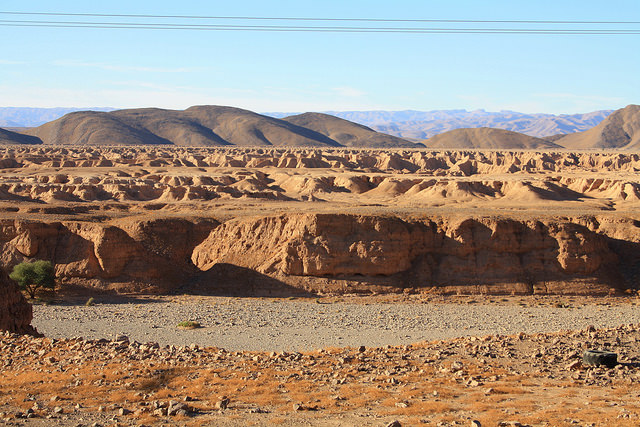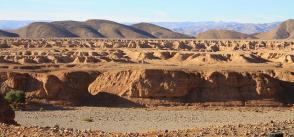
Losing ground in a warmer world
Transformational change is needed to solve crises in the vital global commons resources of fertile land and water which will be exacerbated by climate change.
Two global commons resources, fertile land and water, will be critical as the world’s population increases. Having crossed 7 billion in 2010 – rising from about 3.7 billion 40 years earlier – the number of people is likely to rise to 9-10 billion by 2050. This presents a big challenge: can the world feed so many and provide them fresh water?
These resources are characterised by land degradation and water shortages. According to the United Nations, nearly 6bn hectares (14.8 acres) of global fertile land – two thirds of the total – is subject to different levels of degradation, most of it irreversible. This could potentially contribute to long term reductions in soil fertility and water-holding capacity, leading to declines in crop production, especially in the developing world.
The water crisis is already around us. Large parts of the world, particularly in developing countries, are already facing it in a severe form. It is common to hear of potential “water wars” within and between countries.
Read the full article by N H Ravindranath via The Guardian.
[Photo by Patrick Schumacher | Flickr]







